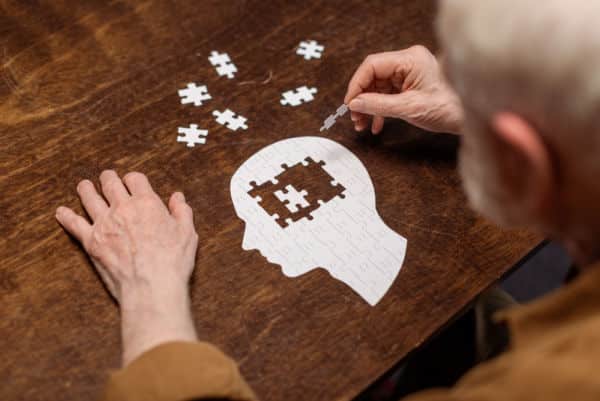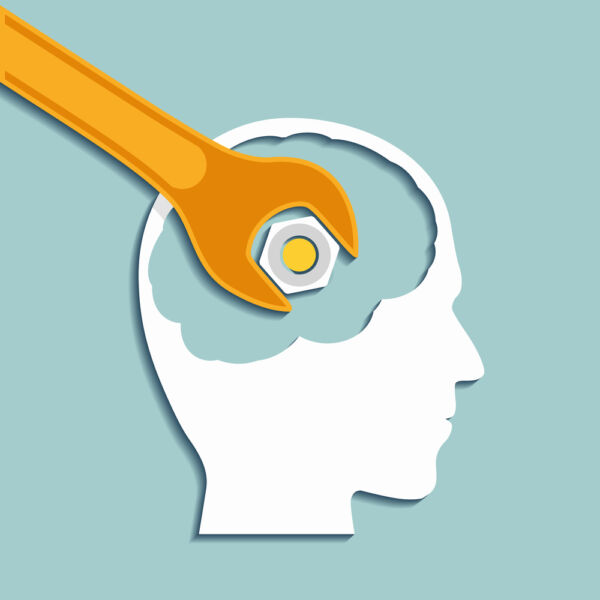Understanding the nuances between schizophrenia and schizoaffective disorder is a cornerstone of mental illness. While overlapping in many aspects, these conditions have distinctive features that influence diagnostic strategies and therapeutic interventions. As you journey with us through this in-depth exploration, the expertise from Alta Loma shines through, providing clarity on a topic shrouded in mystery for many. Knowing the difference is not just for mental health professionals; it’s also vital for patients and their families. While both conditions fall under the umbrella of psychotic disorders, the mood symptoms they exhibit and their diagnostic criteria set them apart.
A brighter, informed future is just a call away.
Unraveling the complexities of schizoaffective disorder and schizophrenia starts with a simple step: reaching out.
Dial 866-457-3843 to speak with our experts at Alta Loma. Let us guide you toward a clearer understanding and a path to recovery.

Schizophrenia and Schizoaffective Disorder: An Overview
Schizophrenia, a deeply misunderstood mental disorder, profoundly affects one’s perception of reality, interpersonal relationships, and self-awareness. The symptoms can be debilitating, often affecting daily functioning. Schizoaffective disorder, on the other hand, combines elements of both mood disorders and schizophrenia. The exact cause remains elusive, but mental health professionals often encounter them in a clinical setting. Recognizing the subtle differences is essential for effective treatment.
Diagnostic Criteria for Schizophrenia
Schizophrenia diagnostic criteria encompass not only hallucinations and delusions, termed positive symptoms but also a range of negative symptoms. These include a lack of motivation, difficulty in expressing emotions, and reduced feelings of pleasure in everyday life. It’s important to differentiate between the two disorders, as their treatment methodologies differ. A comprehensive understanding is available through Alta Loma’s schizophrenia treatment.
Environmental Factors and Family History
Beyond genetic predispositions, environmental factors, from prenatal exposures to drug use, can also act as triggers. Individuals with a family history face a heightened risk, making early intervention paramount. While family history plays a role, environmental factors such as trauma or stress can influence the development of these disorders.

Schizoaffective Disorder: A Closer Look
Existing at the crossroads of mood disorders and schizophrenia, schizoaffective disorder presents unique challenges in both diagnosis and management. Understanding it requires recognizing its dual nature. This disorder can be further divided into bipolar type and depressive type. The depressive type mainly revolves around significant depression, while the bipolar type has mood episodes of both mania and depression.
Two Main Types of Schizoaffective Disorder
Distinguishing between the bipolar type and the depressive type is crucial. While the former sees fluctuating episodes of mania and depression, the latter predominantly revolves around major depression. Both types, however, showcase symptoms synonymous with schizophrenia. These mood disturbances are more than just a passing phase; they significantly impact a person’s symptoms and daily life.
How to Know the Difference?!
An intriguing blend of mood and psychotic symptoms defines schizoaffective disorder. Its diagnostic criteria set it apart from other mental disorders. The nuanced nature necessitates expertise, and Alta Loma’s schizoaffective disorder treatment emphasizes this tailored approach.
Shared Psychotic Symptoms Schizoaffective Disorder & Schizophrenia
Both schizophrenia and schizoaffective disorder manifest a spectrum of psychotic symptoms. The manifestation, frequency, and intensity might differ, but both are characterized by episodes where reality becomes skewed.
Mood Disorder: The Linking Thread
Mood disturbances, while central to schizoaffective disorder, play a less prominent role in schizophrenia. Major depressive disorder and manic episodes can influence an individual’s overall well-being.
Causes and Risk Factors
The interplay of genetics, brain chemistry, and environment crafts the landscape of these disorders. Understanding these factors can aid in early diagnosis and preventive strategies.
The Line of Distinction: Schizophrenia vs. Schizoaffective Disorder
It’s crucial to differentiate between schizophrenia and schizoaffective disorder for appropriate care. Their interplay of symptoms, severity, and duration varies, calling for tailored therapeutic interventions.
Differentiating Symptoms
Both conditions might experience hallucinations, often causing individuals to hear voices. But delusions can range from grandiose to paranoid across these disorders—such distinctions guide treatment plans and prognosis. While psychotic episodes can occur in both, disorganized thinking or blunted affect may be more pronounced in one than the other.

Treatment Options for Schizophrenia and Schizoaffective Disorder
Crafting a treatment plan at Alta Loma is akin to sculpting a masterpiece. It’s a delicate balance of art and science, where every facet is meticulously addressed to ensure not just symptom alleviation but a profound enhancement in the quality of life for those diagnosed.
Therapies at Alta Loma
At Alta Loma, each therapy is a beacon, illuminating the path to mental wellness. Whether it’s the introspective journey of Cognitive Behavioral Therapy, the communal bonds formed in process groups, or the empowerment derived from life skills education, every session is a step towards clarity and recovery. Coupled with our community integration programs, Alta Loma ensures a holistic approach to healing, where every individual finds their unique rhythm in the dance of recovery.
Choose Alta Loma: Your Beacon of Hope
Embarking on a journey to mental wellness requires trust, expertise, and unwavering support. Alta Loma stands as the premier treatment center for schizophrenia and schizoaffective disorder in Georgetown, TX, just a stone’s throw from Austin. Our reputation is built on years of dedicated service, unparalleled expertise, and genuine care for our patients. Don’t settle for less when it comes to your mental health. Choose Alta Loma, where your recovery is our top priority. Ready to take the first step towards a brighter future? Reach out to us at 866-457-3843. We’re here, waiting to guide you every step of the way.



